Description
Hanna Mina’s life was a mythical pastime. He read a lot, but he lived even more. Life, as one writer put it, oozes from his skin. This man, who experienced tragedy more than any other Syrian writer, is the most joyful, victorious, and hopeful. He always said, “We must rejoice, otherwise humanity will be defeated within us.” On the shores of Latakia, the green Syrian city bathed in the sea, its strands adorned with the pine trees of the Alawite Mountains, Hanna Mina was born. Hanna Mina became acquainted with the world of publishing as a barber. He began sending stories to Damascene newspapers, and his name became well-known and beloved by readers who were captivated by this new, compassionate spirit and this captivating popular spirit. His first novel, “The Blue Lamps,” was something new in Syrian literature, laying the realistic foundations of the Syrian novel.
It sparked heated discussions in Syria, Lebanon, and Egypt. Its captivating popular spirit and simple, lively style gave it a special flavor, but its occasional breathlessness, its deliberate sarcasm, its rush to describe nature in a way that interrupts the vitality of the event, and some reportorial scenes in which Hanna was influenced by his hostility to the theory of art for art’s sake, and in which he devoted himself to affirming his political commitment without much success… All of these things were criticized as an experience of development for Hanna, who discovered his dimensions more deeply. “The Blue Lamps” did not represent the real Hanna; it did not truly embody what he knew of Latakia: its river, its dreams, its fishermen, and its working classes. So he devoted himself to writing the novel that is now in the reader’s hands, “The Sail and the Storm.” It is the story of the rebellious men of the sea, in their bitter daily struggle with death represented by the raging sea and treacherous storms, which they meet with their tattered sails, their ancient boats, and their determination derived from the rocks of the shores. It has a legendary, compassionate spirit, yet deeply rooted in the land. “The sea is king!” This is the cry of deep respect uttered by every sailor. Al-Tarousi, the story’s first hero, believes in the power of the sea as much as he believes in the power of women. However, in the prime of his masculinity, he knows how to tame tigers.
The sea, his sworn friend, draws him with its cold, gray eyes to sail toward deserted islands, where he seizes their virginity with the youth of a knight. He has discovered the meaning of his life, and thus feels the weight of his feet on the ground. The Sail and the Storm is the story of a Syrian coastal city during World War II. Hanna Mina has depicted, with astonishing skill, the impact of this war and the storms it left behind in a country occupied by the French, highlighting the contradictions that preyed on a heterogeneous society. But first and foremost, it is the story of the men of the sea, the story of triumph over harsh natural elements, the story of human will and adventure. Hanna Mina is a pioneer of the sea in Arabic literature. His novels embody the youthfulness of pioneering, as well as the impetuosity of his own. This remarkable contribution is sufficient for him.

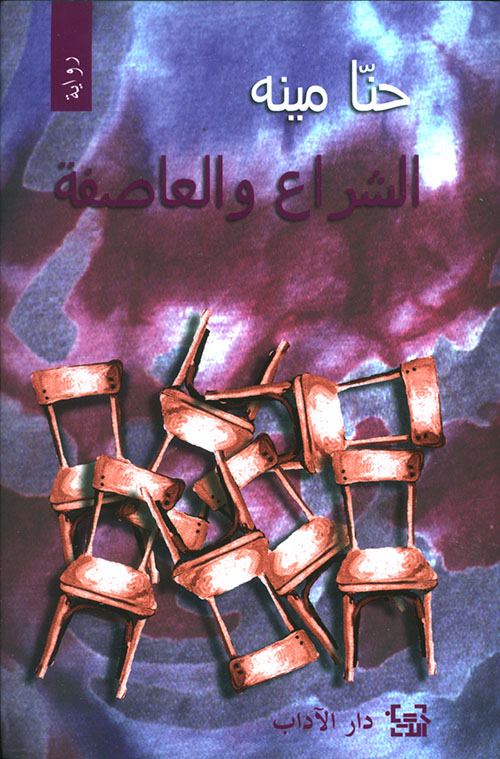
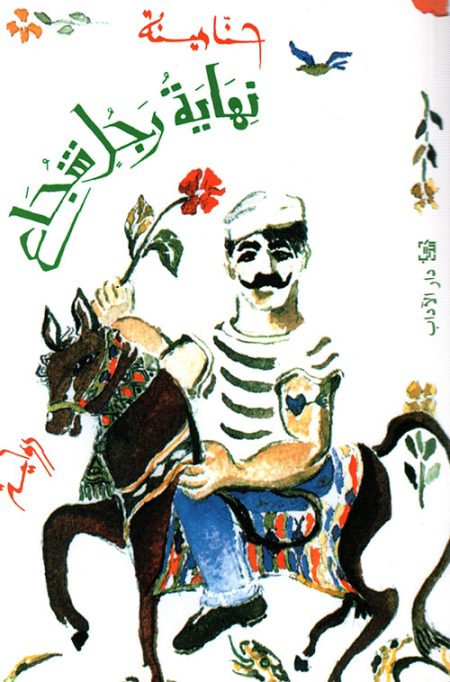
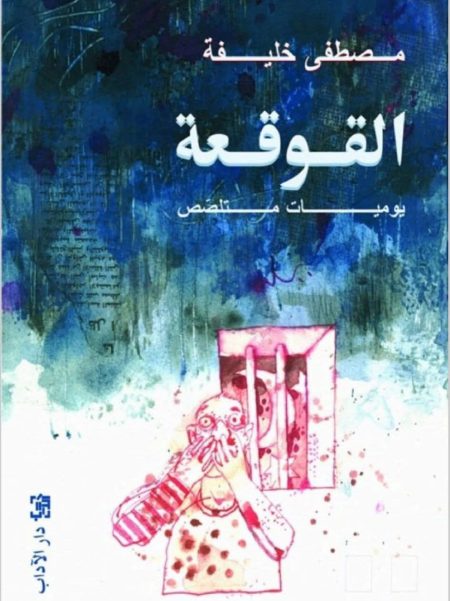
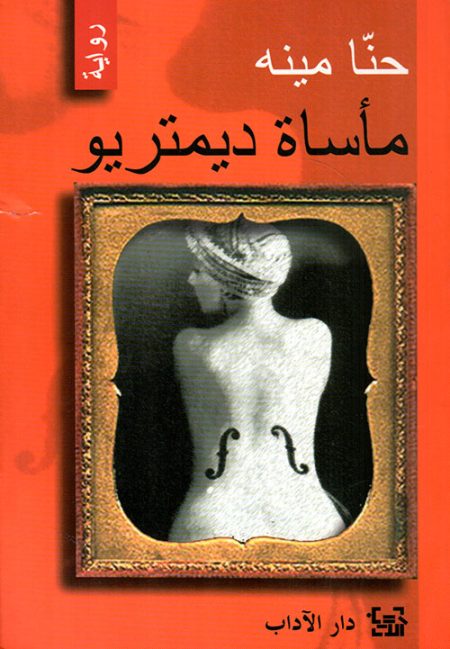
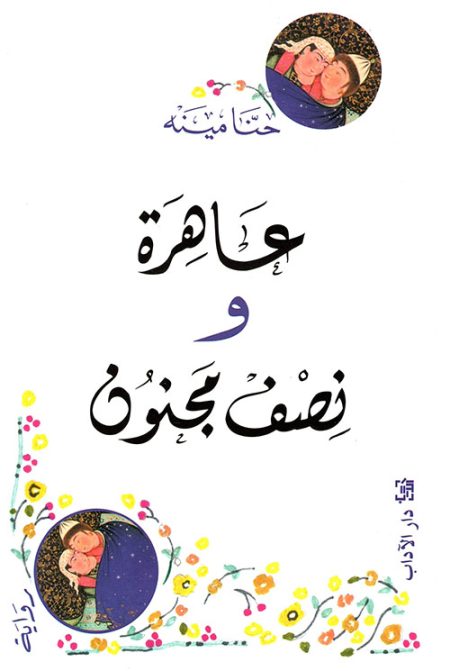
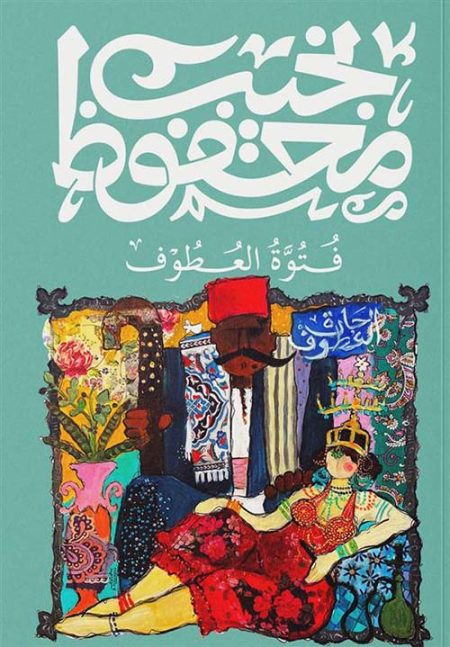

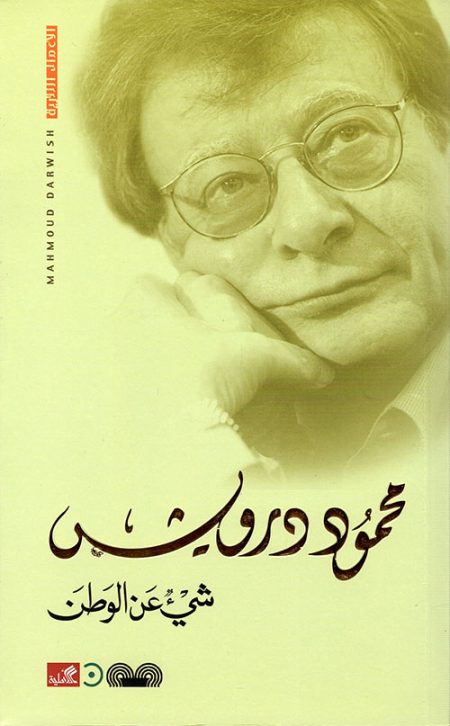

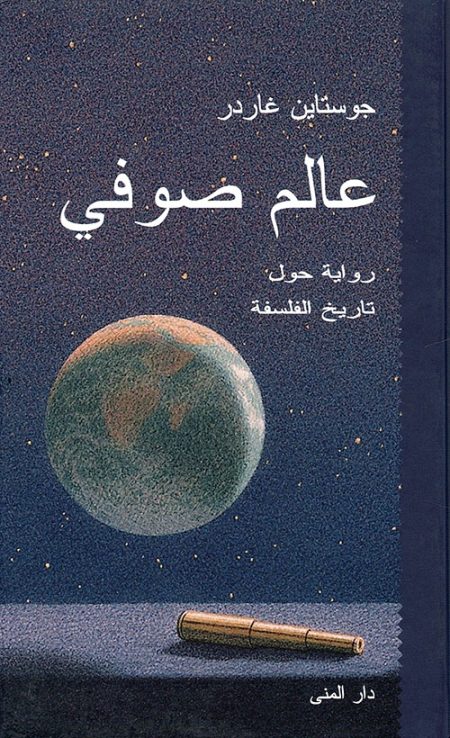
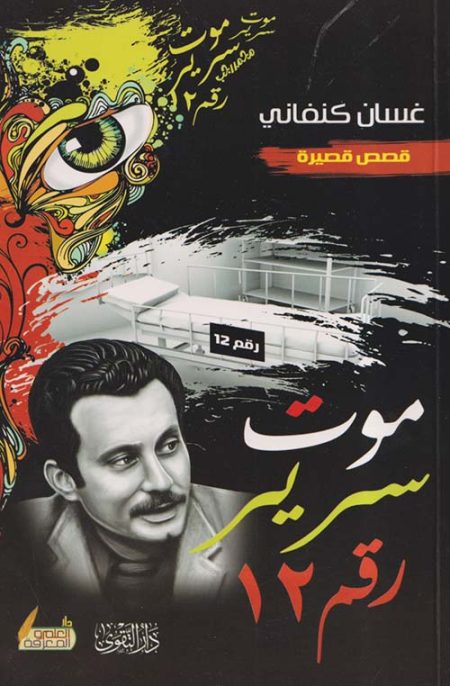

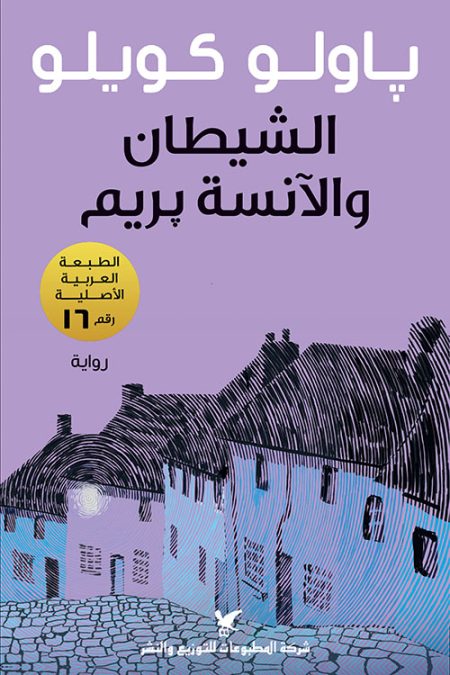

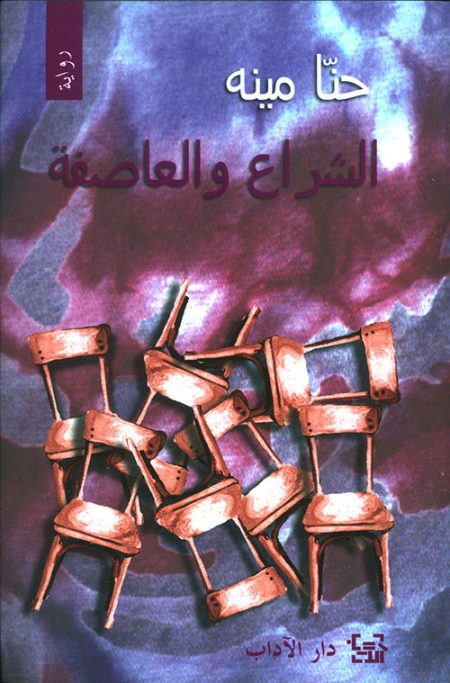
Reviews
There are no reviews yet.